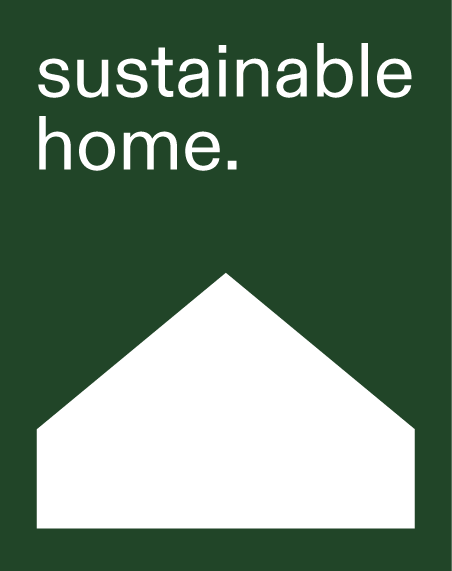Residents of Melbourne’s inner-north are likely familiar with Grass House — a compact modern home with a thriving green facade designed by David Luck Architecture.
Despite being less than a decade old, this Melbourne home had a few significant building issues, and lacklustre interiors until a recent renovation by Multiplicity.
Sioux Clark, Multiplicity’s co-director and interior designer, explains, ‘It was owner-built and in a very bad state, but I don’t think anyone could actually see just how falling apart or corroding it was. There were a lot of issues with the metal cladding, the way in which the garden beds were fed, and the gutters; and the soil that was malnourished because it wasn’t getting enough water.’
Other issues pertained to liveability and comfort given the lack of security at street level; minimal storage space; and ill-conceived spaces within such a compact area. ‘It’s on a laneway and on a very small footprint – between 45 and 47 square metres — so it’s right up on the footpath. Other than the planting, there’s no filter between the inside and outside,’ says Sioux.
Sioux and Multiplicity co-director and architect Tim O’Sullivan are friends with David, so they called him to discuss their plan for the renovation. David was unfazed, even giving his blessing to demolish the home (!), but Sioux, Tim, and project architect Ellen Kwek were dedicated to respecting his original design intent.
Inside, white laminate was replaced with tactile timbers, plywood, and stone, while new doors and windows were added for improved security and access to weeding the facade.
Inspiration was drawn from the client’s brief, containing reference to Scottish moors and the Australian outback. ‘Lots of greens, purples and browns — really earthy colours,’ says Sioux. ‘All the colours and materials are a gentle background for them to live in the house.’
Due to a limited budget, no major structural changes were made to the property, although these may be investigated in future to further maximise its compact, two-storey floor plan. ‘We made a decision that we would put money into better finishes, storage, and systems,’ says Sioux.
The project also involved numerous interventions to resolve structural concerns to the facade, including remedying the galvanic corrosion on the exterior metal, and fixing the irrigation system. ‘It’s now fully timed, seasonal, and automatic… and all the soil has been replaced,’ Sioux says. Landscape design updates were completed by Mcnuttndorf Landscapes.
To passersby, Grass House appears exactly as it did upon its original completion, but changes to the functionality and liveability of the house have been dramatic.
The name of the project today, ‘We Should Be So Lucky,’ is a playful nod to David Luck’s original design, which Multiplicity feel honoured to have seen to fruition.
‘It’s a complete turnaround — it’s given life to what is a really creative and individual idea by David,’ says Sioux. ‘It’s done everything that needs to have happened to give that house longevity.’









































